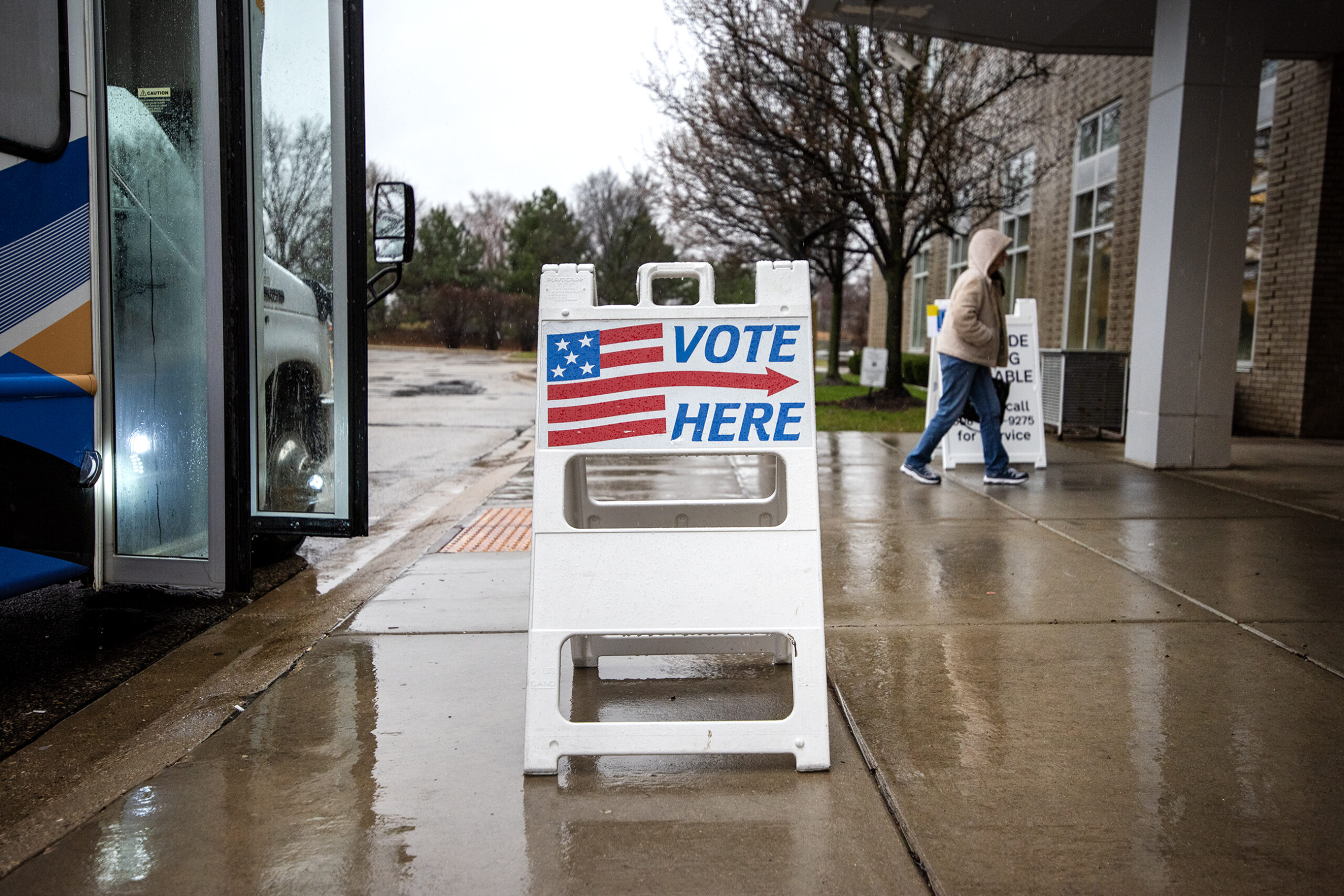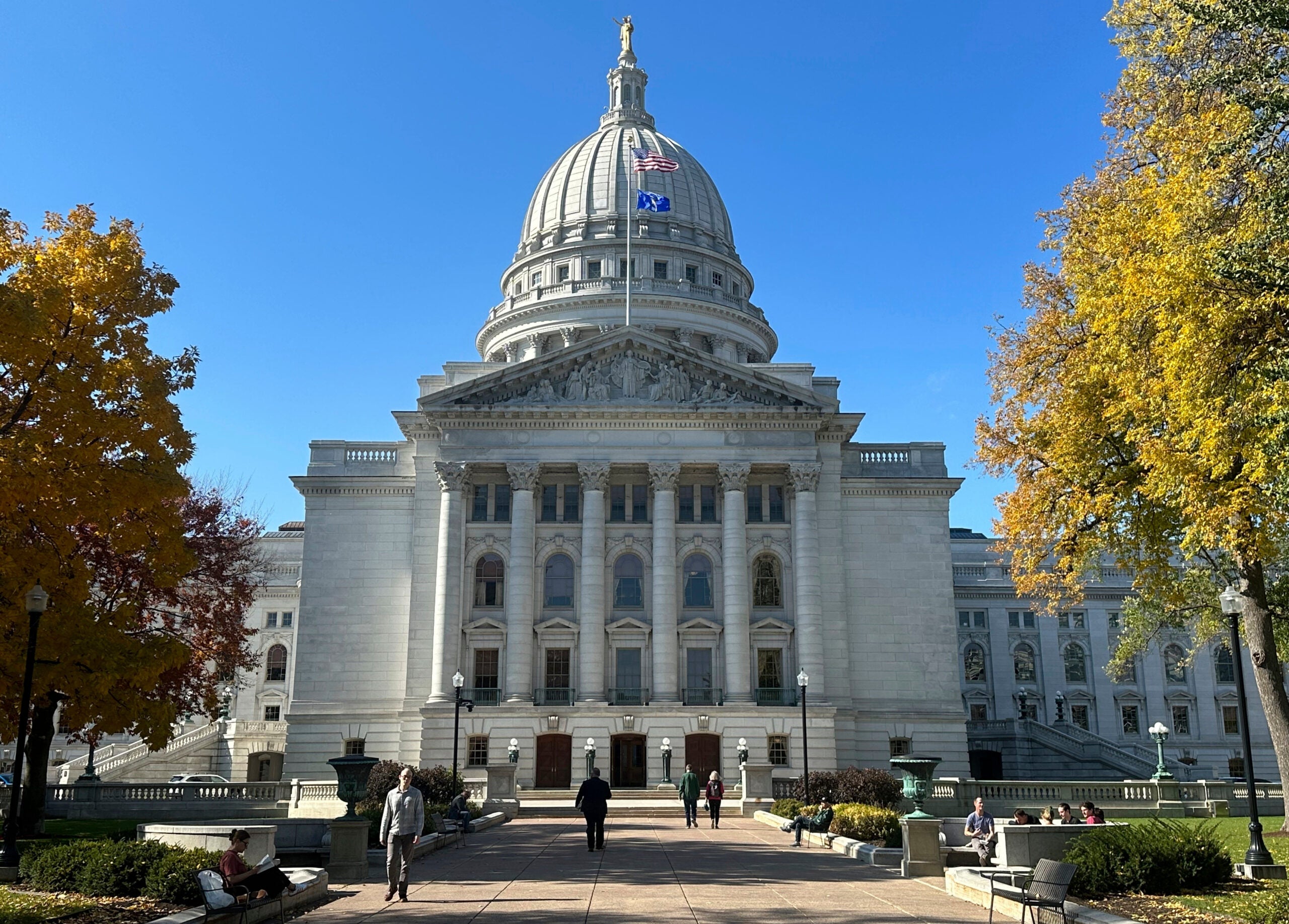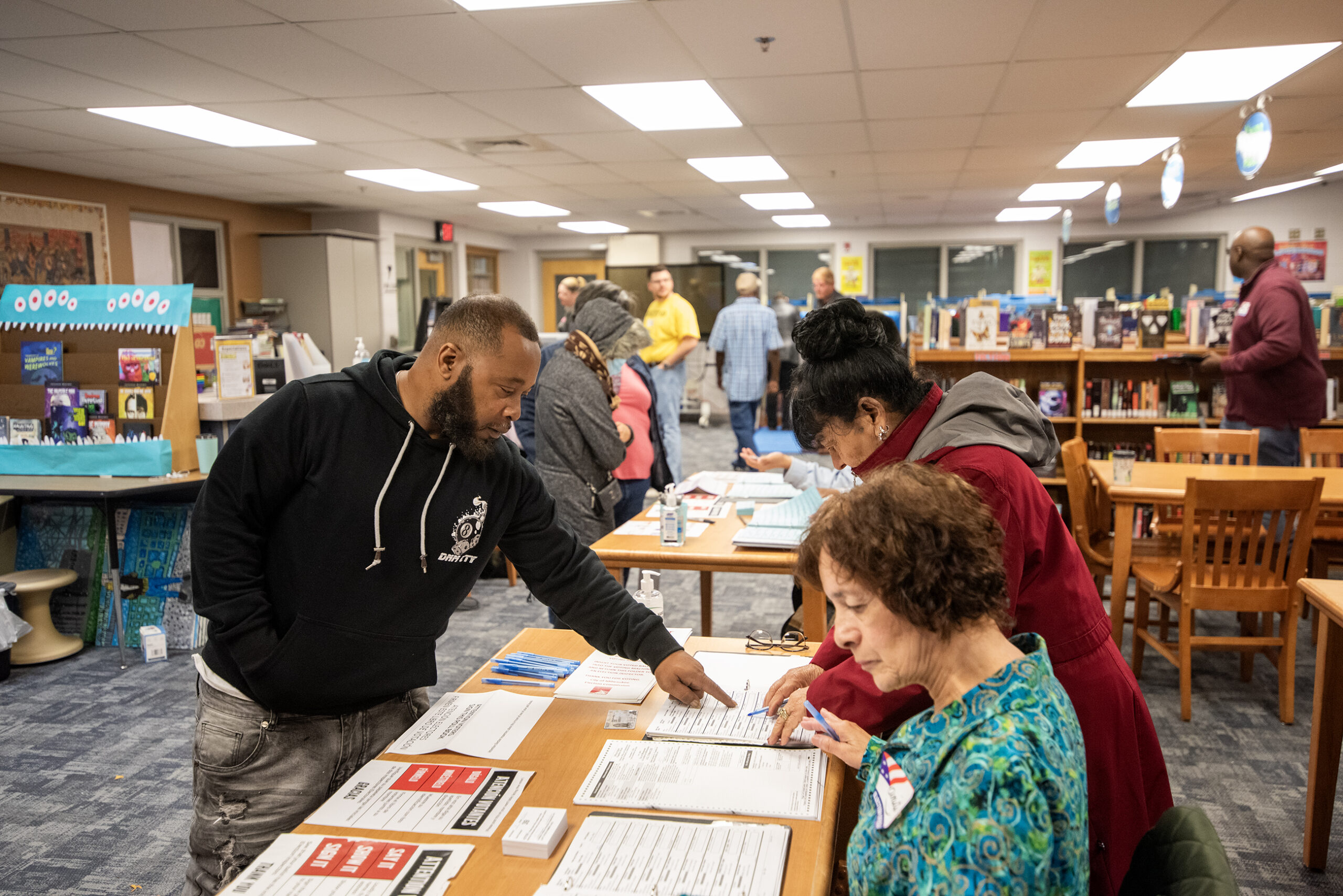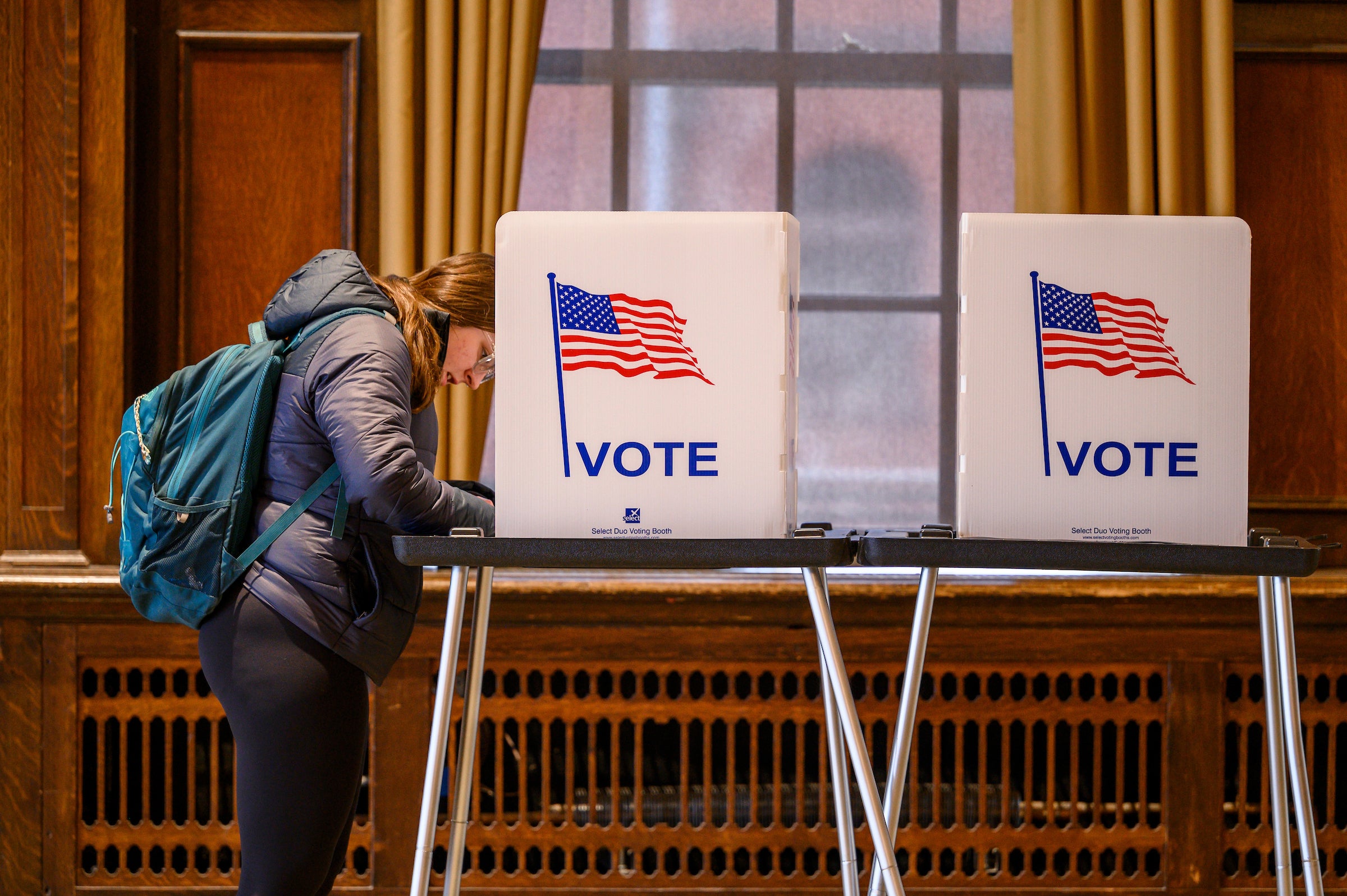Days after the state Senate voted to overturn the governor’s veto of a GOP bill to add citizenship data to people’s drivers licenses, two Republican-led committees took testimony about how noncitizen voting is deterred in Wisconsin.
State officials and clerks testified at an informational hearing of the Joint Committee on Campaigns, Elections, Shared Revenue and Consumer Protection at the state Capitol Thursday. They explained the checks and balances in place to ensure that non-U.S. citizens do not register or cast ballots, which would be in violation of state and federal law.
“(Department of Motor Vehicles) is in the identification business. So we take this very seriously,” said Kristina Boardman, deputy secretary of the Wisconsin Department of Transportation.
News with a little more humanity
WPR’s “Wisconsin Today” newsletter keeps you connected to the state you love without feeling overwhelmed. No paywall. No agenda. No corporate filter.
She outlined a multi-step process involving the DMV, which issues IDs to Wisconsinites, including noncitizens, and the agencies that determine voter eligibility or register people to vote.
“WisDOT’s role is to implement the law as passed by the Legislature, signed by the governor and adjudicated by the courts,” she said, using an acronym for the transportation department,” Boardman said. “I want to make very be clear that WisDOT is required to provide free identification cards for U.S. citizens that request them for the purposes of voting, and that to be eligible for that free identification card, one must be a U.S. citizen.”
A person who receives a Wisconsin identification card can then go online to register to vote. When registering, Boardman said, their voter eligibility is checked against their official ID information.
Reviews in other states have shown noncitizen voting is rare. A statewide audit in North Carolina found a few dozen noncitizen ballots cast out of 4.8 million cast in 2016, and an audit in Georgia found that, out of more than 1600 attempted registrations by noncitizens over the course of 25 years, none were successful.
It has nevertheless become an issue included under the umbrella of concerns about voting improprieties that emerged in the wake of the 2020 election. Former President Donald Trump has repeatedly claimed, without evidence, that the campaign of President Joe Biden is recruiting immigrants to vote as they cross the southern border.
The GOP-held Wisconsin Legislature has weighed in on the issue several times. Republicans passed a measure late last year that would have, among other requirements, added citizenship information to a person’s driver’s license.
Republican supporters of the provision argue that would make it easier for a clerk verifying a person’s voter ID to see that a person is ineligible to vote because of their citizenship status. Democrats argued that this could lead to discrimination against noncitizens in other circumstances, and Evers argued as much when he vetoed that bill.
That veto was one of several that the state Senate voted to override on Tuesday. The override passed on pure party lines, but it’s not clear if the Assembly will also take it up. In that chamber, Republicans do not have the two-thirds majority to override vetoes without Democratic support.
Rep. Scott Krug, R-Nekoosa, said that lawmakers understand the Assembly will not attempt to take up this veto.
Republicans also passed a proposed constitutional amendment through the Legislature that would enshrine in the Wisconsin Constitution that only U.S. citizens may vote in the state. Democrats have argued that the amendment is unnecessary because that’s already federal law. Voters will weigh in on that measure in November.
Wisconsin Public Radio, © Copyright 2025, Board of Regents of the University of Wisconsin System and Wisconsin Educational Communications Board.






